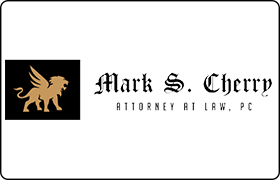 Runnemede Estate Lawyers, New Jersey
Runnemede Estate Lawyers, New Jersey
Sponsored Law Firm
-
 x
x

Click For More Info:
-
Mark Cherry Law
385 Kings Highway North Suite 101 Cherry Hill, NJ 08034» view mapEstate Where Every Client Matters
We want our clients to be confident and secure knowing we are a law firm ready to take on the fight and challenge with them.
800-824-6431
Sponsored Lawyers
1-10 of 17 matches
66 Euclid Street
Woodbury, NJ 08096
Accident & Injury, Estate, Employment, Consumer Rights, Civil & Human Rights
Real Estate, Estate Planning, Family Law, Insurance, Personal Injury
Estate Planning, Family Law, Real Estate, Trusts
Divorce, Child Custody, Family Law, Estate Planning
Civil Rights, Family Law, Estate Planning, Timeshare, Commercial Real Estate
Litigation, Wills & Probate, Business, Bankruptcy




 Mark Cherry Cherry Hill, NJ
Mark Cherry Cherry Hill, NJ AboutMark Cherry Law
AboutMark Cherry Law Practice AreasSpecializations
Practice AreasSpecializations

